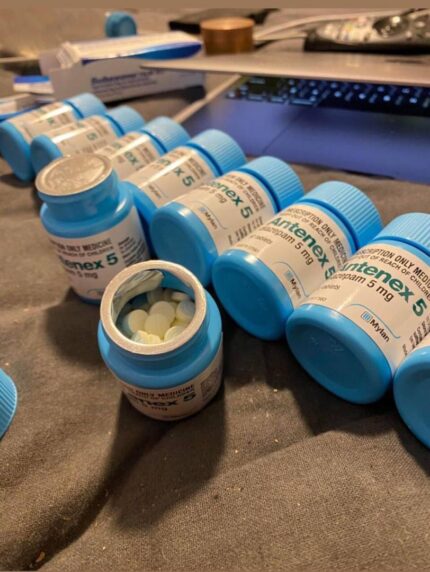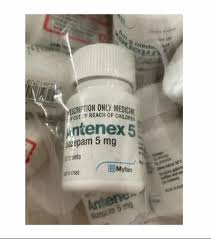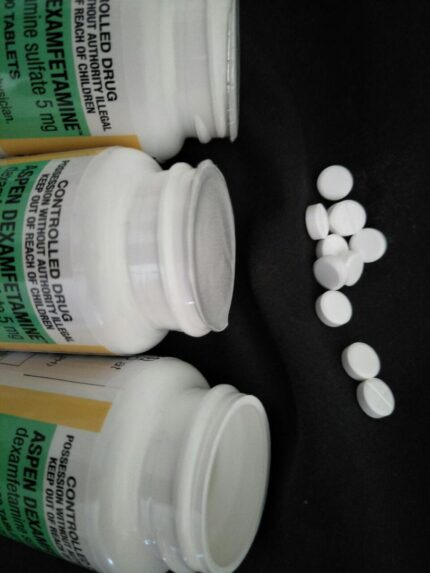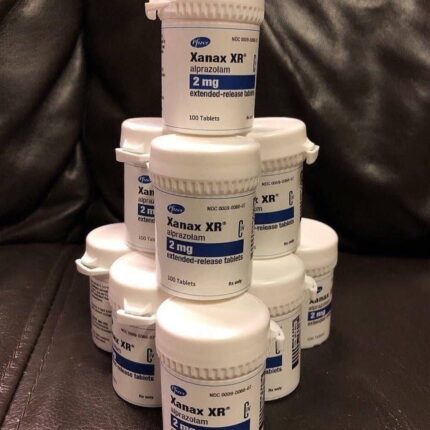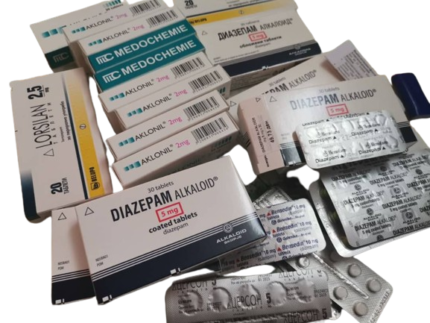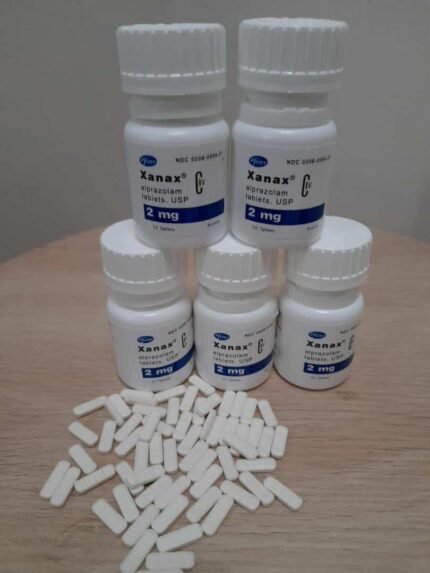Antenex 5MG
CAPS
Caps Drugs
When it comes to oral medication, both tablets and capsules are popular options. They both work by delivering a drug or supplement via your digestive tract for a specific purpose. Although tablets and capsules work in a similar way, they have some key differences, too. And cases, one form may be better suited for you than the other. Here’s a look at the advantages and disadvantages of each, how they differ, and tips for taking them safely. What is a tablet? Tablets are the most common type of pill. They’re an inexpensive, safe, and effective way to deliver oral medication. These units of medication are made by compressing one or more powdered ingredients to form a hard, solid, smooth-coated pill that breaks down in the digestive tract. In addition to active ingredients, most tablets contain additives that hold the pill together and improve the taste, texture, or appearance. Tablets can be round, oblong, or disc-shaped. Oblong tablets are caplets, which can be easier to swallow. Some have a line scored across the middle, making them easier to split in half. Some tablets have a special coating that prevents them from breaking down in the stomach.DEXIES
Other side effects not listed may also occur in some patients. If you notice any other effects, check with your healthcare professional.
Oxycodone 30mg
What is Oxycodone? Oxycodone is a semi-synthetic narcotic analgesic and historically has been a popular drug of abuse among the narcotic abusing population. Hillbilly Heroin, Kicker, OC, Ox, Roxy, Perc, Oxy
How is it used? Oxycodone is abused orally or intravenously. The tablets are crushed and sniffed or dissolved in water and injected. Others heat a tablet that has been placed on a piece of foil then inhale the vapors.
How does it affect the body? Physiological effects of oxycodone include: Pain relief, sedation, respiratory depression, constipation, papillary constriction, and cough suppression. Extended or chronic use of oxycodone containing acetaminophen may cause severe liver damage. Euphoria and feelings of relaxation are the most common effects of oxycodone on the brain, which explains its high potential for abuse.
oxy 30mg pill
What are its overdose effects? The effects of an overdose include: Extreme drowsiness, muscle weakness, confusion, cold and clammy skin, pinpoint pupils, shallow breathing, slow heart rate, fainting, coma, and possible death.
Tramadol Hcl
How do genetics affect tramadol?
The opioid effects of tramadol are greatly affected by a person’s genetics, particularly their capacity for tramadol metabolism through a liver enzyme system called cytochrome P450 2D6. 20% of African Americans, 10% of Caucasians, and 2% of Asians have genetic polymorphisms that reduce the activity of this enzyme, which decreases how much tramadol is metabolized. People who are poor metabolizers at CYP 2D6 may find tramadol ineffective.
Individuals who are CYP2D6 ultra-rapid metabolizers (about 3% of the population) are at risk of life-threatening or fatal breathing side effects from tramadol (respiratory depression) even at regular dosages because they convert tramadol into its active metabolite more rapidly than other people. These people should not use tramadol.
Genetic testing is available through hospitals, specialized clinics, and doctor's clinics. Blood is the preferred specimen type. About 21% of currently approved drugs are processed through CYP 2D6 including opioids, antidepressants, antipsychotics, β-blockers, antiemetics, and tamoxifen, and it is helpful for you and your healthcare provider to know if you are a:
- Poor metabolizer: Process drugs slowly; may need lower dosages to avoid side effects
- Intermediate metabolizer: Process drugs less efficiently; might not be as effective as normal metabolizers
- Normal metabolizer: Process drugs efficiently; likely to benefit from treatment with fewer side effects
- Ultrarapid metabolizer: Process drugs too quickly; may need higher doses for effectiveness.
Before taking this medicine
You should not take tramadol if you are allergic to it, or if you have:
- severe asthma or breathing problems
- a stomach or bowel obstruction (including paralytic ileus)
- if you have recently used alcohol, sedatives, tranquilizers, or narcotic medications or
- if you have used an MAO inhibitor in the past 14 days (such as isocarboxazid, linezolid, methylene blue injection, phenelzine, or tranylcypromine)
- are pregnant or planning a pregnancy
- are breastfeeding.
Tramadol should not be given to a child younger than 12 years old. Ultram ER should not be given to anyone younger than 18 years old. Do not give tramadol to anyone younger than 18 years old who recently had surgery to remove the tonsils or adenoids. Seizures have occurred in some people taking tramadol. Your seizure risk may be higher if you have ever had:
- a head injury, epilepsy, or other seizure disorder
- drug or alcohol addiction or
- a metabolic disorder.
To make sure tramadol is safe for you, tell your doctor if you have ever had:
- breathing problems, sleep apnea
- liver or kidney disease
- urination problems
- problems with your gallbladder, pancreas, or thyroid
- a stomach disorder or
- mental illness, or suicide attempt.
Pregnancy
If you take tramadol during pregnancy, your baby could be born with life-threatening withdrawal symptoms or seizures and may need medical treatment for several weeks. Fetal death and miscarriage have also been reported. Should not be used in pregnant women unless the benefits outweigh the risks.
Breastfeeding
It is not known if tramadol passes into human milk. Ask a doctor before using tramadol if you are breastfeeding. Tell your doctor if you notice severe drowsiness or slow breathing in the nursing baby.
XANAX – ALPRAZOLAM
How should I take Xanax? Take Xanax exactly as prescribed by your doctor. Follow the directions on your prescription label and read all medication guides or instruction sheets. Never use Xanax in larger amounts, or for longer than prescribed. Tell your doctor if you feel an increased urge to use more of this medicine. Never share this medicine with another person, especially someone with a history of drug abuse or addiction. MISUSE CAN CAUSE ADDICTION, OVERDOSE, OR DEATH. Keep the medication in a place where others cannot get to it. Selling or giving away this medicine is against the law. Swallow the Xanax XR extended-release tablet whole. Do not crush, chew, or break the tablet. Call your doctor if your symptoms do not improve, or if they get worse. If you use this medicine long-term, you may need frequent medical tests. Do not stop using Xanax without asking your doctor. You may have life-threatening withdrawal symptoms if you stop using the medicine suddenly after long-term use. Store Xanax at room temperature away from moisture, heat, and light. Keep your medicine in a place where no one can use it improperly.

